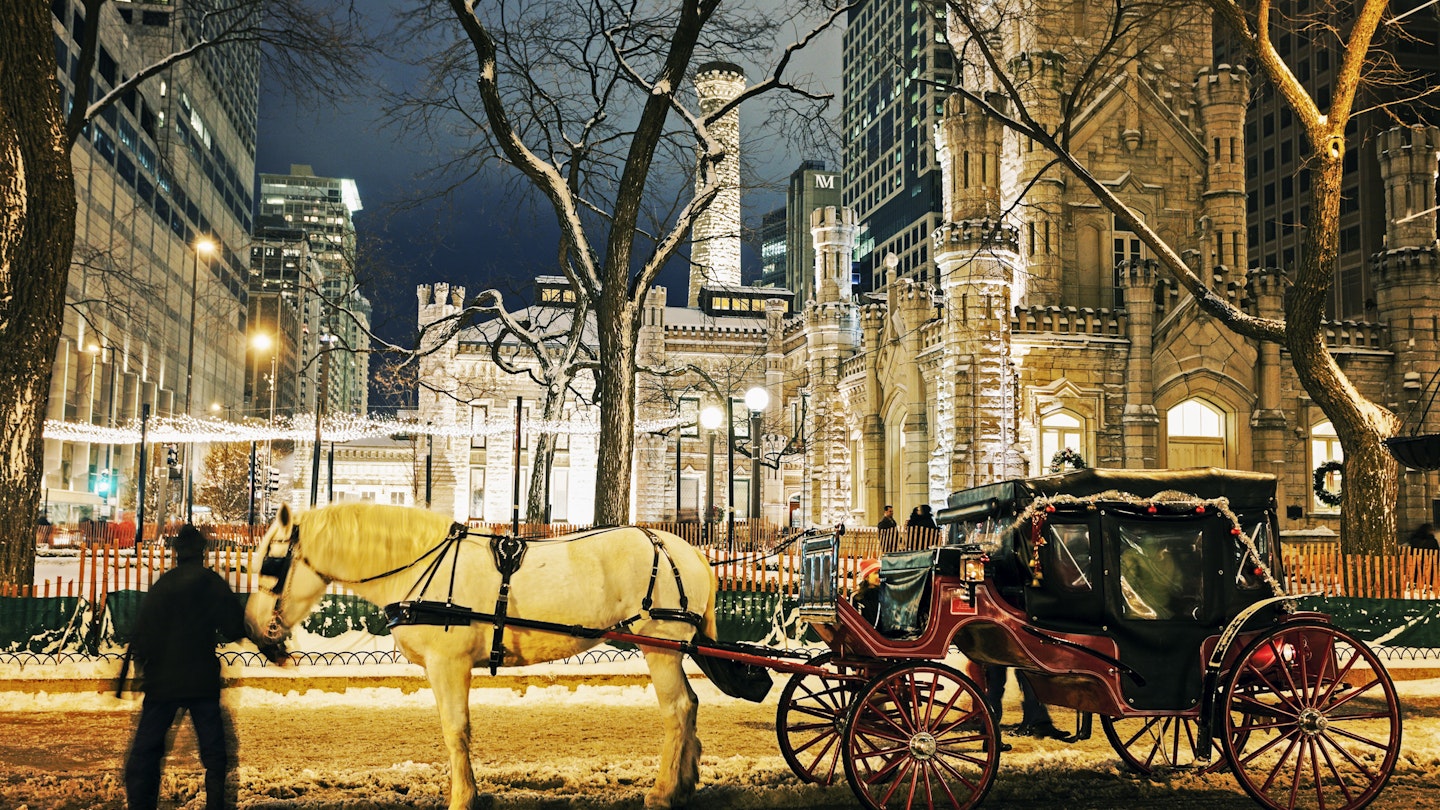Chicago’s Historic Decision to Ban Horse-Drawn Carriages
Soon, the sound of horses’ hooves along the Magnificent Mile in Chicago will fade into history. The city council has voted to implement a ban on horse-drawn carriages across the city.
Details of the Ban
According to the newly approved ordinance, the city will cease issuing new licenses to carriage operators starting January 1, 2021. Consequently, current operators will not be able to renew their existing licenses.
Decline of Horse-Drawn Carriages
Over the years, the number of horse-drawn carriages in Chicago has consistently decreased. As reported by the Chicago Tribune, there are currently only 10 active licenses, with each costing $500 annually.
Joining the Trend
Chicago is joining a growing list of cities that are banning horse-drawn carriages. Cities like Montreal and Salt Lake City, as well as Key West, Florida, Camden, New Jersey, and Biloxi, Mississippi, have already taken similar actions.

Animal Welfare Concerns
Animal rights activists argue that the horse carriage industry is inherently cruel and abusive. However, supporters claim that the horses receive adequate care and that these rides create employment opportunities.
In response to rising animal welfare concerns, Chicago has implemented regulations aimed at protecting the horses. These include limiting the number of passengers per carriage and prohibiting tours during extreme weather conditions—specifically, when temperatures fall below 15 degrees Fahrenheit or exceed 90 degrees.
Dr. Dennis French, a veterinarian and vice president of the Horsemen’s Council of Illinois, testified before the city council, stating that allegations of animal mistreatment are baseless. He emphasized, “Representatives of the Horsemen’s Council have repeatedly inspected these horses, the harnesses that are used on them, and the stables where they are kept, and we have found no causes for concern. These horses are well cared for, healthy, and they like to work.”
Support for the Ban
Kitty Block, president and CEO of the Humane Society of the United States, expressed that the ban is a protective measure for the horses. She indicated that these animals frequently endure harsh working conditions, leading to chronic health issues such as respiratory problems and lameness.
Furthermore, the decision to ban horse-drawn carriages in Chicago was significantly influenced by the efforts of the Chicago Alliance for Animals. Jodie Wiederkehr, the executive director of CAA, stated, “The Chicago Alliance for Animals is thrilled that Chicago officials finally recognized the urgent need to ban this inhumane and archaic practice before a human or horse suffers or dies, as has happened in other cities.”
Recent events have underscored the need for such a ban. Last month, a 12-year-old horse collapsed in New York’s Central Park and was later euthanized, capturing public attention and amplifying calls for similar bans in other cities.





